ESA - Navigation News
| The European Space Agency (ESA) is Europe’s gateway to space. Its mission is to shape the development of Europe’s space capability and ensure that investment in space continues to deliver benefits to the citizens of Europe and the world. | |||||||||||||||||
|









 Feed
Feed Scan with QR Code Reader
Scan with QR Code Reader mobi
mobi






 Image:
Celeste mission patch
Image:
Celeste mission patch

 Video:
00:03:57
Video:
00:03:57

 Image:
Decommissioning Galileo satellites - Infographic
Image:
Decommissioning Galileo satellites - Infographic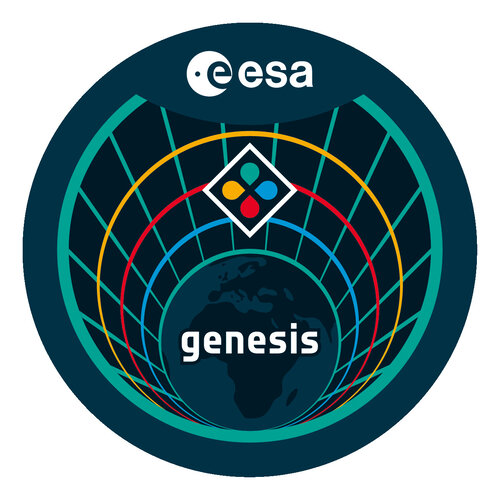 Image:
GENESIS mission patch
Image:
GENESIS mission patch 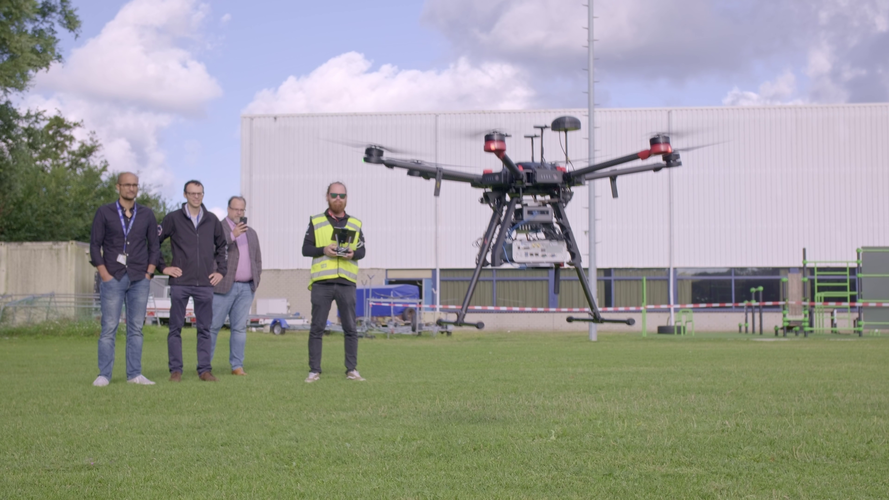 Video:
00:02:16
Video:
00:02:16
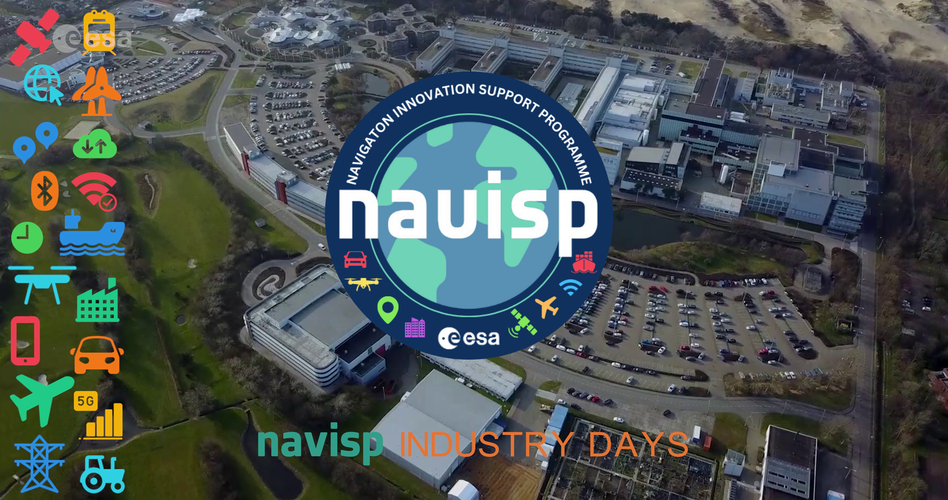 Video:
00:02:04
Video:
00:02:04
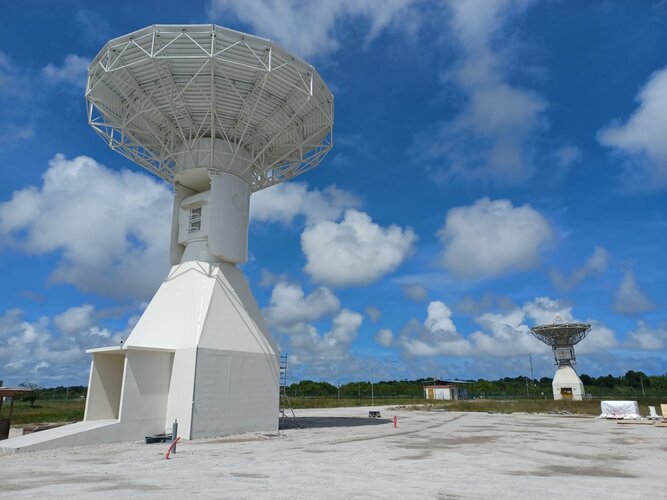 Image:
New Galileo station goes on duty
Image:
New Galileo station goes on duty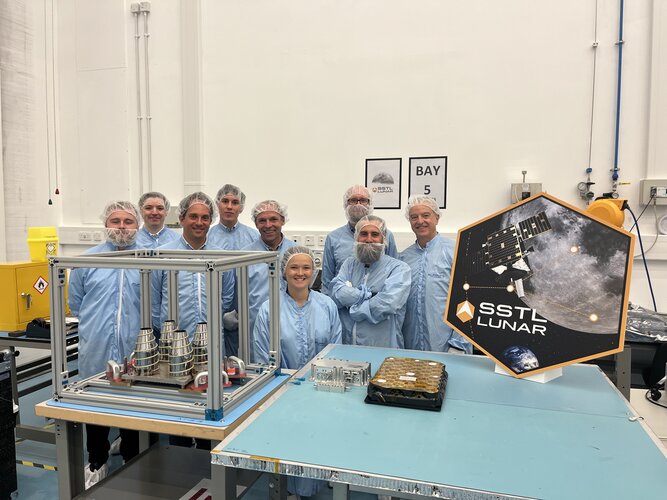 Image:
Satnav from Earth to the Moon
Image:
Satnav from Earth to the Moon 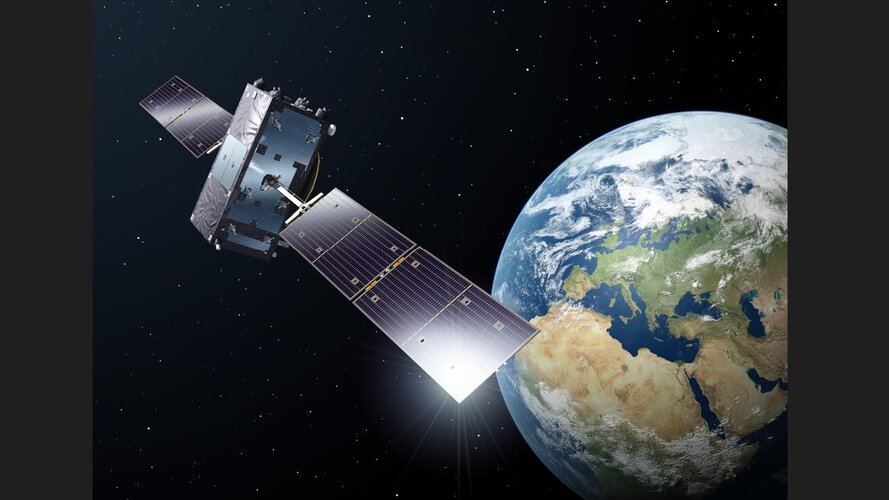 Video:
00:04:05
Video:
00:04:05